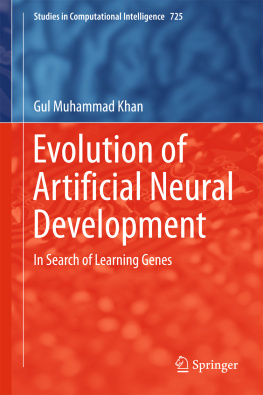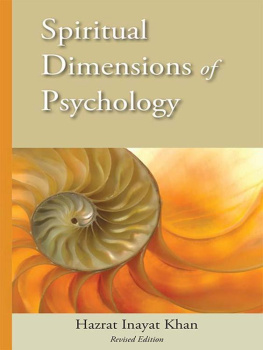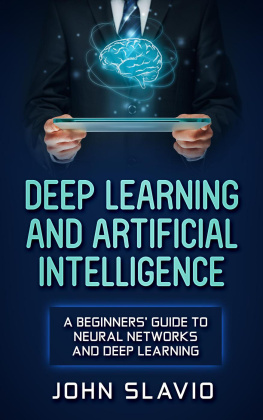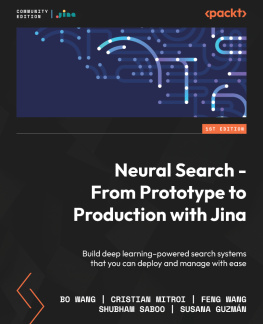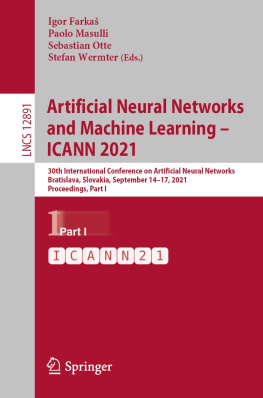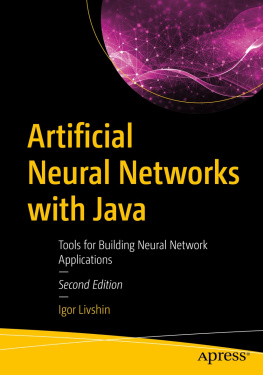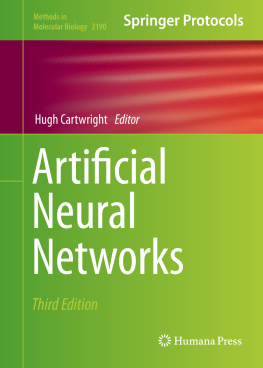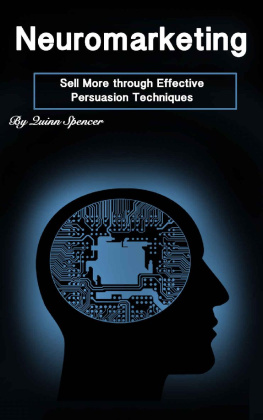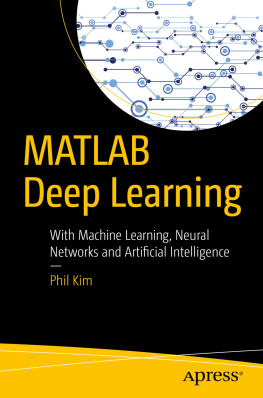In his play Prometheus Bound; Aeschylus, a Greek dramatist describes how a titan, Prometheus freed mankind of ignorance and enlightened them with the gift of knowledge by deceiving the Greek god Zeus; and how this transgression incurred the wrath of Zeus. This brings in the light significance of knowledge and the fact that since time immemorial, there has been a struggle to acquire knowledge.
Making the Computer Brained
There is a famous saying that Necessity is the mother of invention, and the rise of science completely complements it. The rise of Science has also been due to the human necessities and their desire for fulfilling these necessities. With the developments in the field of Science and Technology, Human Desires and necessities have also increased proportionally. In the pre-historic days, human beings developed various tools for the sake of their safety and shaping their environment. Gradually human beings shifted their attention to controlling nature and environment. Science has provided us with the tools to do what used to be unthinkable and impossible. It has provided us with answers for the questions which were thought out to be great mysteries like weather conditions, planetary motions, economical development, and various other social, natural and cultural phenomena.
The major breakthrough in the field of Science and Technology was the development of Electronic Computers. It was that Magic Wand which enabled us to reach the unprecedented heights. Now that Electronic Computer has provided us with various valuable tools for controlling and predicting our nature, scientists have turned their attention to developing computer programs which bear traits of human intelligence.
Recently, numerous Grand Challenges have been proposed in the USA and UK in the field of Computer Science. A Grand Challenge (GC) in computer research has already been established in UK. As of now, there are eight Grand Challenges. GC5 The Architecture of Brain and Mind lays the foundation for various sub tasks which should be investigated for developing a robot which has the cognitive abilities of a human child. Sub task 1 deals with non-hierarchical description, design and framework of a series of computation models describing the functionality of the Brain. This just deals with only a computational model. The aim of GC7 Journeys in non-classical Computation is the development of a mature science of all forms of calculations which can unite classical and non-classical issues. An integral component of this challenge is to refine, evaluate and understand the bio-inspired and complex systems. The Computing Research Association also held a conference in USA during the year 2003 which was called the Grand Research Challenges in Computer Science and Engineering. GC5 was concerned with conquering system complexity. The authors argued that such systems should be self-configuring, self-optimizing, self-maintaining, self-healing, self-protecting, self-differentiating and robust. According to the authors, achieving such systems will need an understanding and ability to control the emergent behaviors as well as the understanding of achieving learning in multi-agent systems. UKs funding agency, the EPSRC, has supported the research network which produced Grand Challenges in Microelectronics Design.
Andrew Brown, Steve Furber, Rogers Woods along with their colleagues presented a report which listed and garnished these grand challenges. The last challenge that they offered was GC4 Building Brains: Neurologically Inspired Electronic Systems. The GC4 can aid the GC5 through developments in brain inspired novel computation. Systems which show intelligence, has the ability to learn, self-replication and self-adaptation are an inspiration to the idea of constructing a program which is modeled on brain. There are numerous features in human brain which are highly desirable but difficult to emulate in conventional computer systems. During the human life time, brain evolves and gradually gains the ability to deal with complex tasks encountered through development of abstract symbolic models. While keeping its integrity intact, the brain is adaptive and shows flexibility to any change in the environment by incorporating new experiences and responses to stimuli. Brain shows resilience to injuries by self-restoration and organizing mechanism.
The interconnected networks of similar neurons make the building blocks of brain which have the ability to learn and adapt. We believe that the seasoning of brain lies in the ability of neuron to develop and evolve, which highlights the importance of the research objective in acquiring a computational equivalent of neuron. Although inspired from the ability of the brain to evolve, the Artificial Neural Networks (ANNs) has not yet been able to reproduce many characteristics of biological neural systems (Gurney 1997) such as neural development, structure and mechanism of communication among neurons. The reason behind this was the lack of computation power for the model, however the modern growth in the computational power of computers along with our increased knowledge of neuroscience has made it possible to design more complex neuro-inspired approaches. ANNs deal with brains as a connectionist system such as a nodal network where every neuron serves as a node having the ability to process a signal. In biological neurons, before the arrival of signal at soma, complex signal processing takes place in neurite branches. Based on the signal received from the dendrites, decision about signal transformation is made. Since neurons are present in space, they are capable of redirecting signals to their neighbors by making a synapse through an electrochemical impulse (See Chap. 2, Sect. ). The synaptic connections, the structure of branching and the number of neurons change with the passage of time resulting in the learning and adaptation ability of brain. The model discussed in this book has a dynamic structure which varies according to the task environment. The ultimate goal is the development of a system which has the ability to learn.

